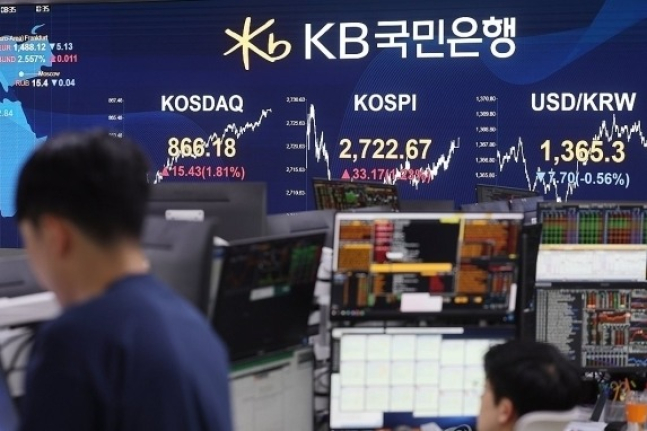South Korea is expected to retain its MSCI’s emerging market status as the global index provider said in its June 6 report that the country’s short-selling market accessibility is deteriorating.
MSCI downgraded Korea’s short-selling market infrastructure to “-”, representing “improvements needed”, from “+”, indicating “no issues or improvements possible,” in the market accessibility review report.
From Nov. 6 of last year, the Korean government completely prohibited short selling of domestic stocks through the first half of this year after
some foreign banks were found to have executed a substantial amount of naked short sales, which is illegal in the country.
Two years ago
in its 2021 market accessibility review, MSCI also stated that Korea’s stance on short-selling is a deteriorating factor, following the ban on short sales of equities.
Korea completely restricted short sales of stocks between March 2020 and April 2021 and lifted the regulations from May 2021 to Nov. 3 of 2023 for large-caps included in the benchmark Kospi 200 and the junior Kosdaq 150 indexes.
The index provider will announce its annual market classification on June 20. Korea, which has stayed on the emerging market list since 1992, has sought inclusion in the developed market index for a long time.
The country was placed on the watchlist as a developed market candidate in 2009 but was dropped in 2014, primarily due to the government’s reluctance to accept MSCI’s request to open a foreign currency market.
MSCI also noted that it would only revisit the rating after international investors have fully tested new measures.
The measures include extending trading hours for the Korean won and foreign exchange swap markets to 2 a.m., allowing foreign investors who use omnibus accounts for buying Korean stocks to report their transactions once a month, instead of reporting each transaction, and simplifying a foreign corporation’s registration process as an investor.
Write to Jin-Gyu Maeng at
maeng@hankyung.com
Jihyun Kim edited this article.



